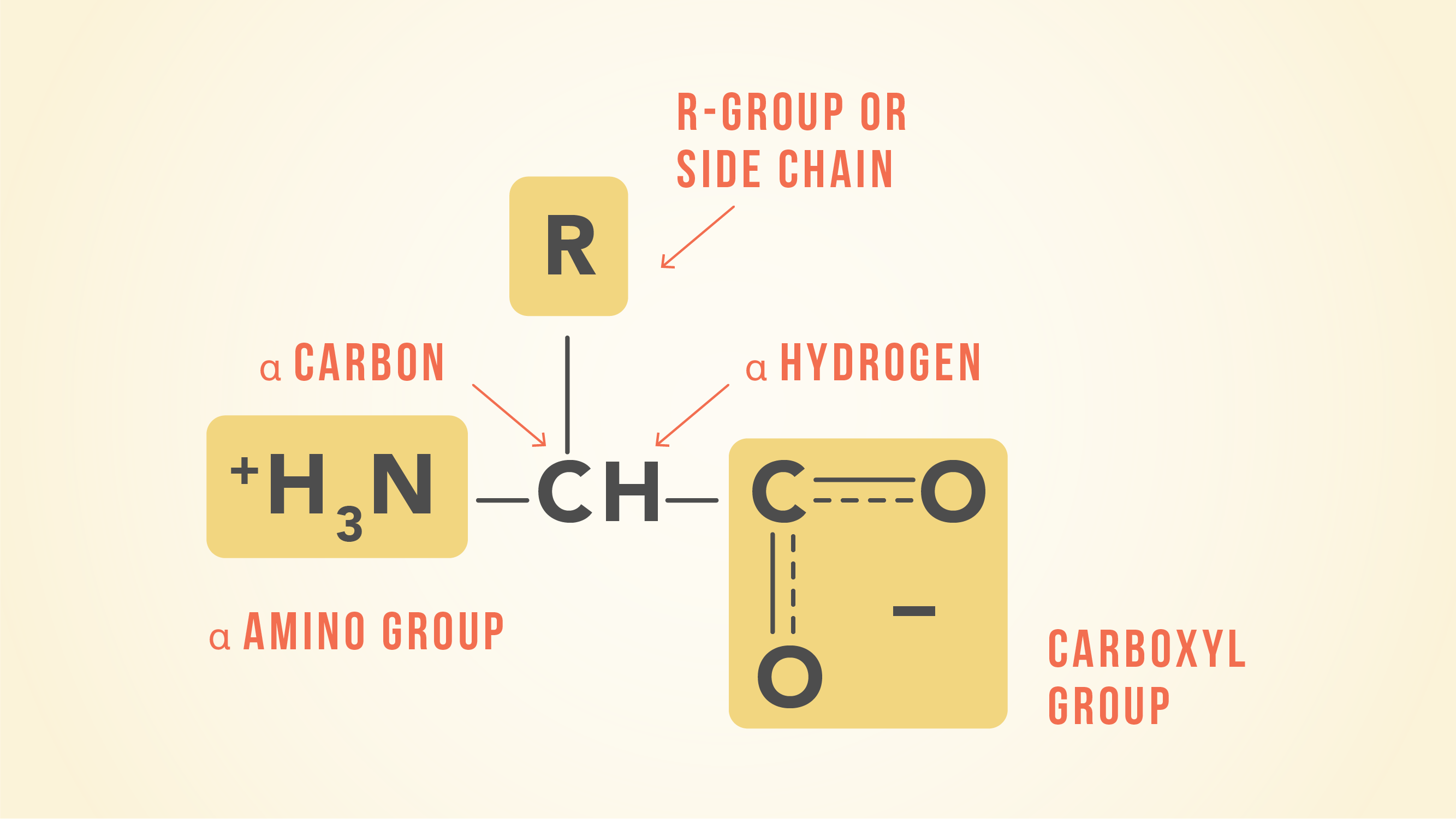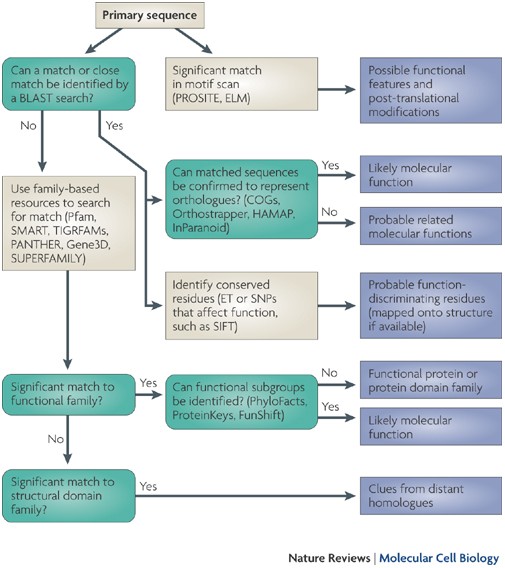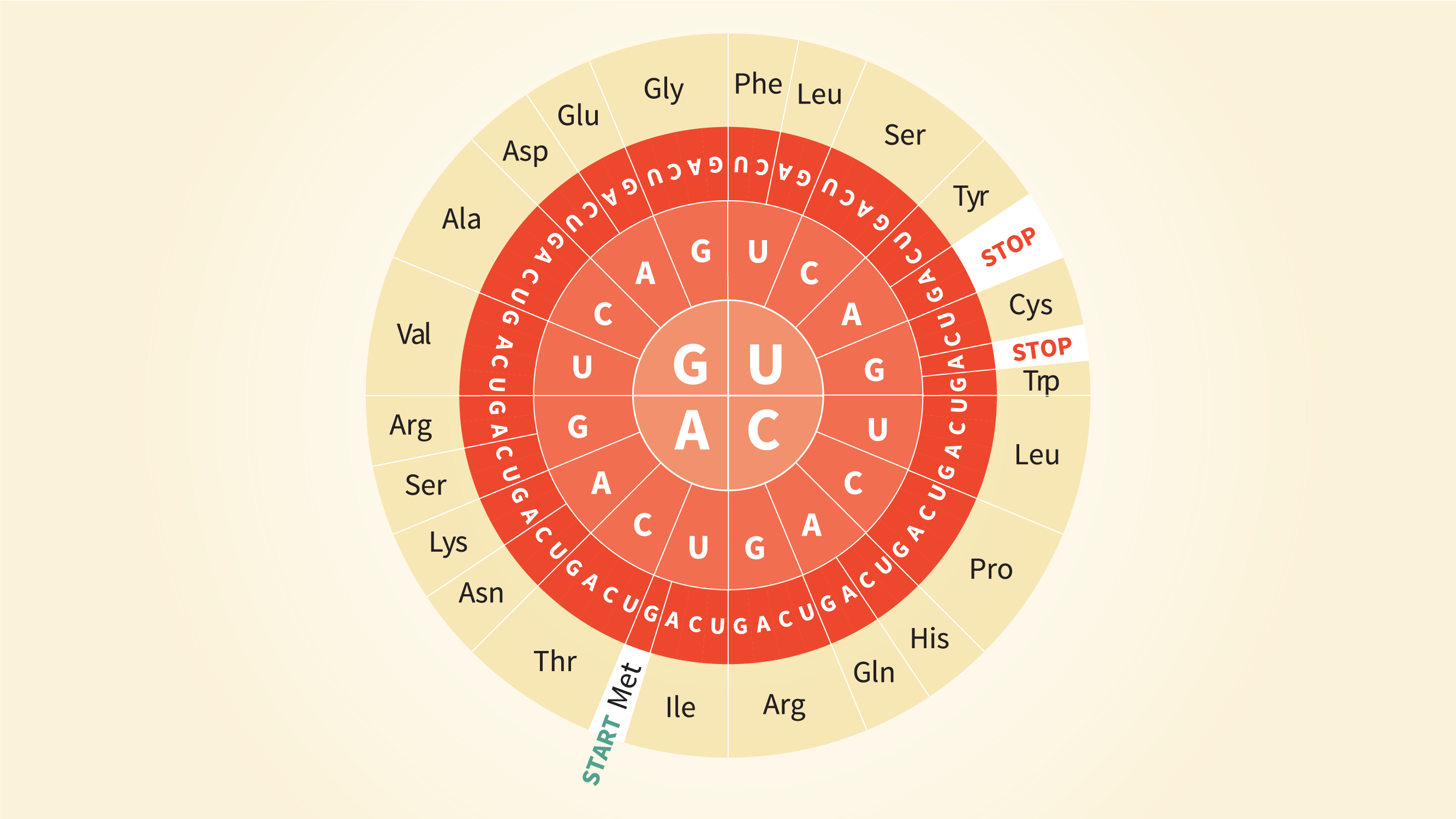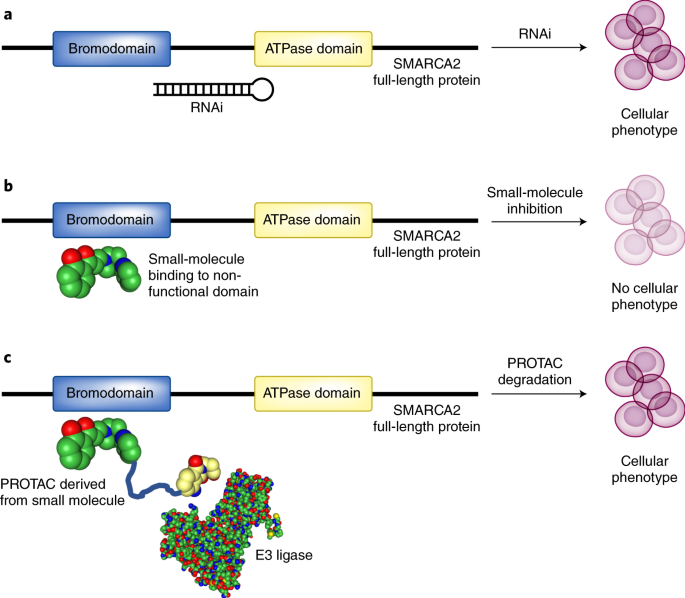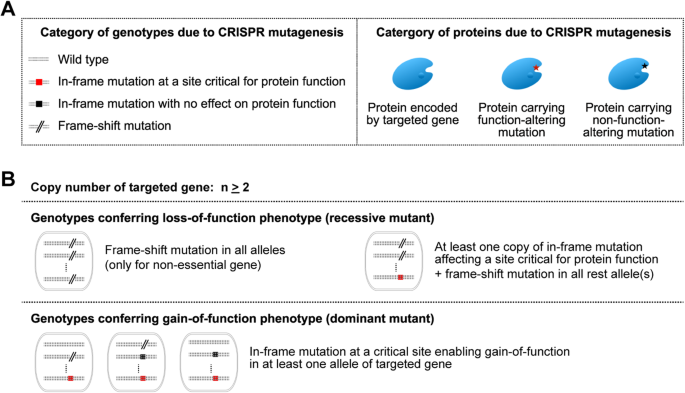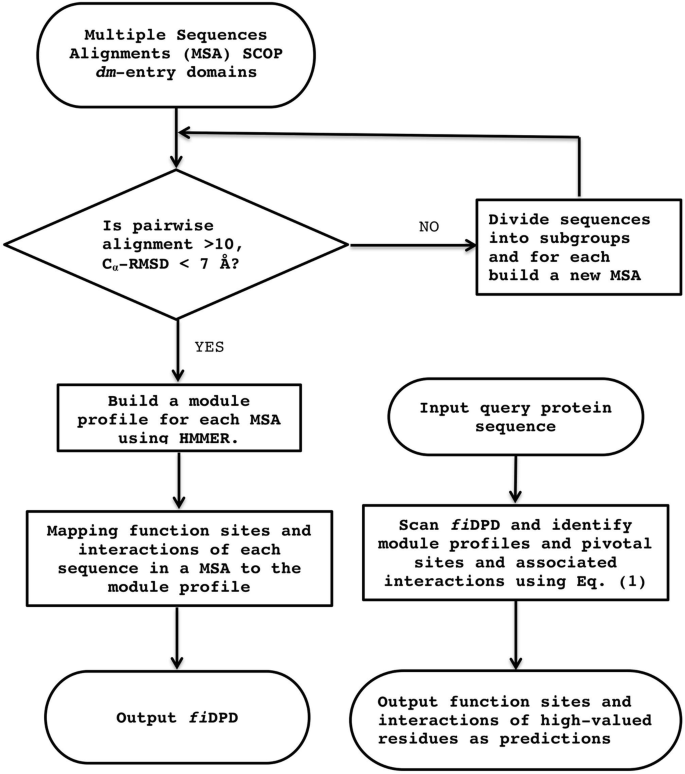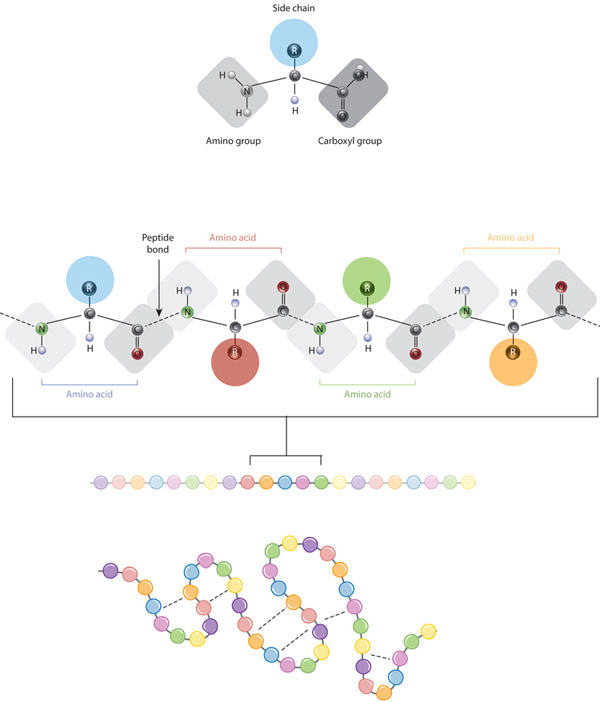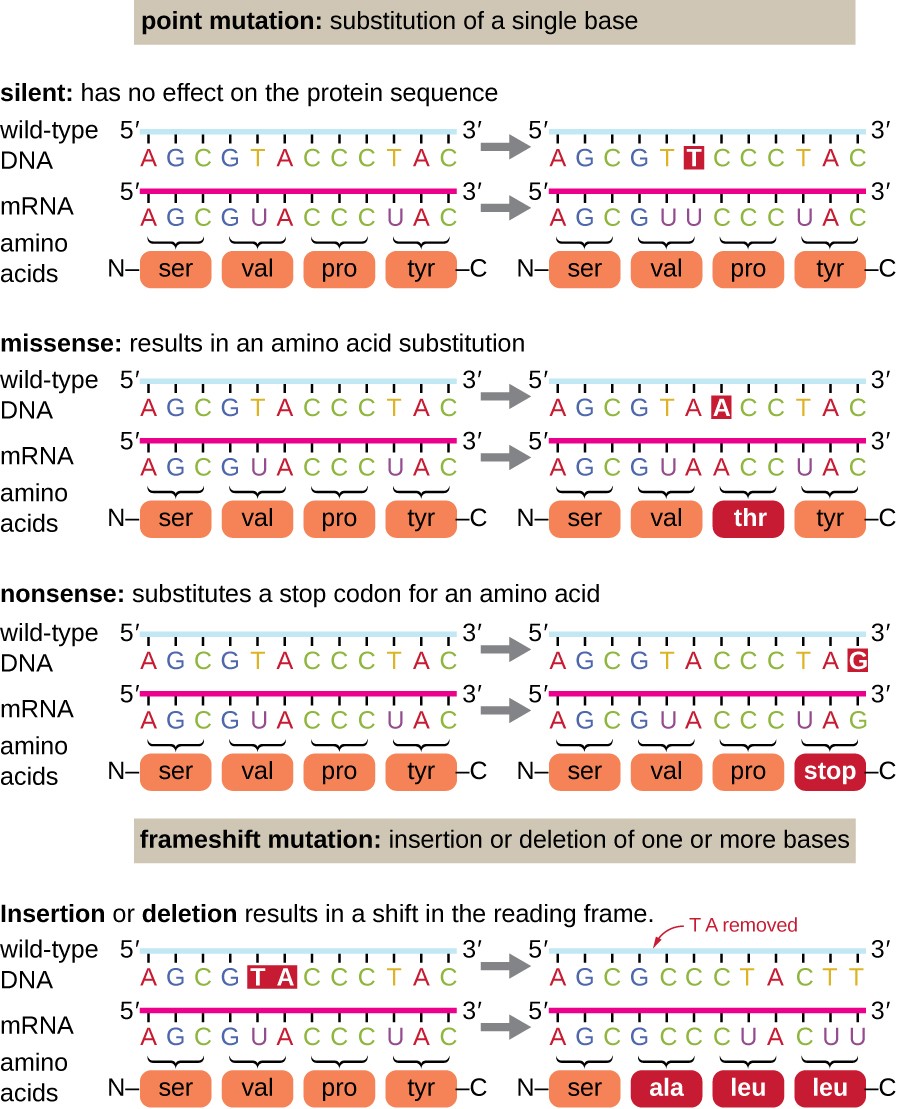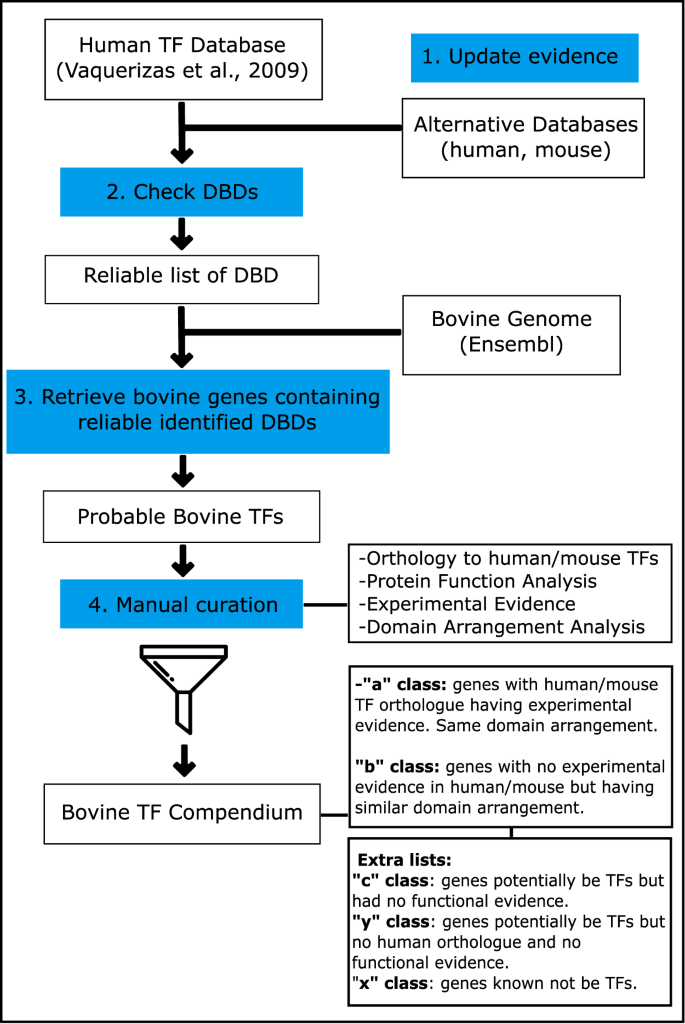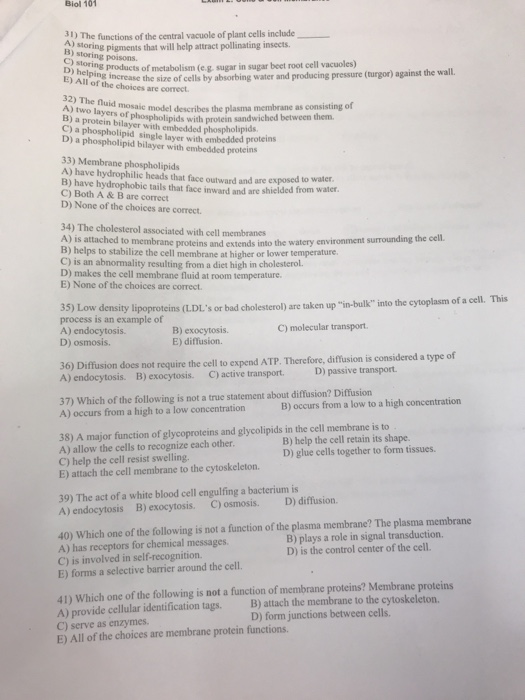Proteins are complex large molecules required for various functions in the body. Meat eggs and fish are some of the rich food sources of proteins.

Solved Question Completion Status Question 1 Which Of Th
Which of the following is not a protein function. Dna not protein is responsible for this process. Proteins are large complex molecules that play many critical roles in the body. The proteins function as enzymes to regulate the reaction rate transport proteins to carry molecules inside or outside the cells and as antibodies to fight against foreign particlesthe storage and transmission of genetic information are not done by proteins but by dna. Protein serves multiple functions in the body. Membrane embedded proteins can store important inheritable information that is needed by the cellc. Protein is a major source of energy.
Membrane embedded proteins can form the base of structures that extend out of the cell such as flagella and pilib. Proteins are responsible for the development of hairs skin wool and nails in our body. There is only one main function of protein which is to build muscle d. Become a member and unlock all. Which of the following are true statements about the functions of proteins. Ferritin is a storage protein that stores iron 35.
Which of the following is not a function of membrane proteins. If you consume more protein than you need for body tissue maintenance and other necessary functions your body will use it for energy. Serve as cell nutrients bind to ligands act as anchors or stabilizers for the cell membrane regulate the passage of water and small solutes act as carrier molecules for various solutes. Some proteins are globular in shape whereas others are fibrous in nature. Proteins are made up of hundreds or thousands of smaller units called amino acids which are attached to one another in long chains. If it is not needed due to sufficient intake of other energy sources such as carbohydrates the protein will be used to create fat and becomes part of fat cells.
Protein is the primary fuel source for the body b. Which of the following is not a function of membrane embedded proteins. Protein shape is critical to its function and this shape is maintained by many different types of chemical bonds. In other words a protein transporter that moves glucose will not move cholesterol 33 34. Enzymes are proteins made up of amino acids and acts as biological catalysts in our body. For example hemoglobin is a globular protein but collagen found in our skin is a fibrous protein.
Proteins have different shapes and molecular weights. They do most of the work in cells and are required for the structure function and regulation of the bodys tissues and organs. However proteins are not involved in the transmission of hereditary information from one generation to the next. However glucose serves the purpose of energy provider for metabolism which is not a protein. Protein is necessary for blood clotting fluid balance and cell repair c. Proteins also have storage roles.
Membrane embedded proteins can serve as receptors that detect specific environmental.

